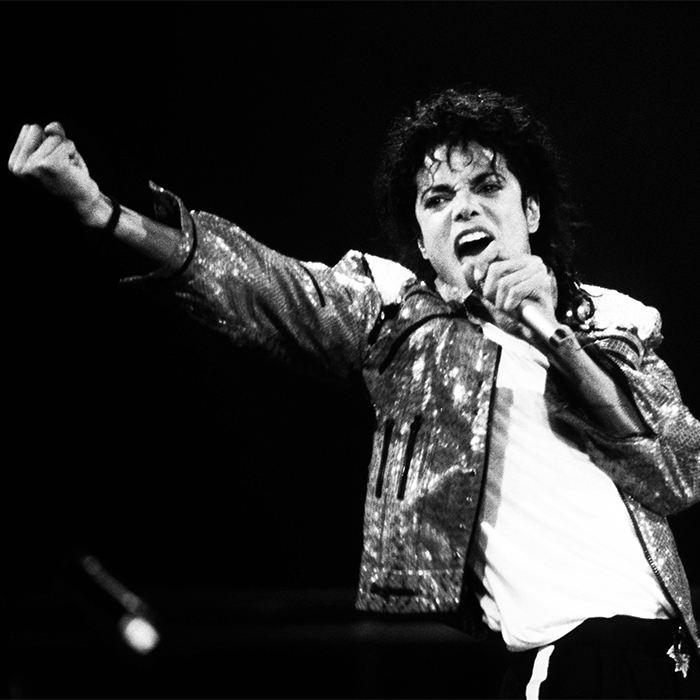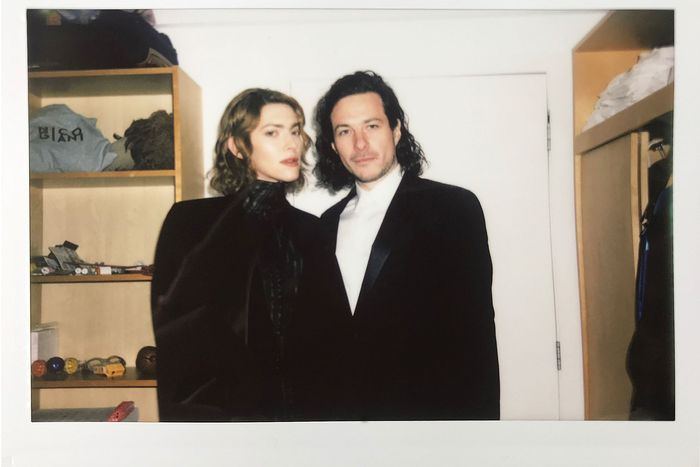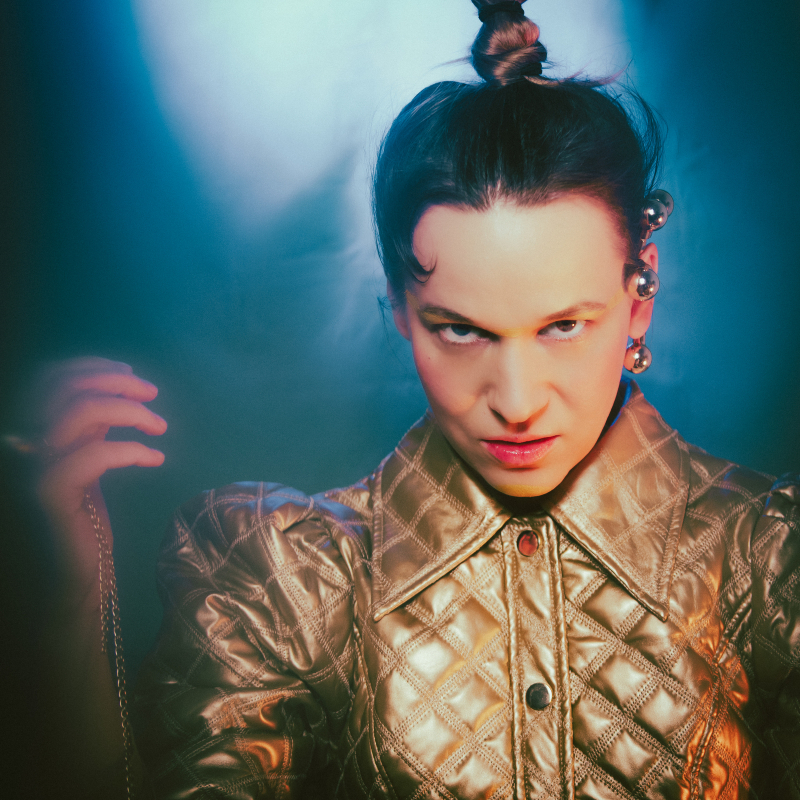Leaving Neverland: The Michael Jackson Debate
By Jenna Dreisenstock
With the release of HBO’s devastating documentary Leaving Neverland, the conversation about Michael Jackson and his alleged crimes have not died down since the release, perhaps the debate has become further heated. It seems as though the world is incredibly divided on this issue, and despite Dan Reed’s four hour, horribly graphic recollection by the two featured victims; Wade Robson and James Safechuck, there are many nay-sayers who are going to arms length to prove the men are lying. From conspiracy theories that the two victims have been working with Oprah this whole time for financial gain, to the outlandish statements that they are simply coming forward (with traumatic, graphic recollections of abuse) for fame and money; it seems as though the conversation about art vs. artist rages on, with this particular case causing serious division.
These types of allegations are nothing new, as represented by two earlier lawsuits filed against him in the early 90’s, and early 2000’s respectively, when the pop-icon was still alive. The world has always been aware of various allegations, and like with other respected celebrities; nothing ever came of the lawsuits. With this case, the response is particularly interesting; Michael Jackson’s legacy has left a lasting impression on the world, and for many people Jackson has been worshipped as an idol. The response to a true idol, being allegedly exposed for child molestation, is a very difficult truth for fans to come to term with.
The way he shaped the pop music world is unprecedented. However, this is never an excuse for defense with such serious allegations. It’s unnerving to see the amount of people willing to defend him, while calling these two men, who for an excruciating four hours, recounted the sexual abuse at the hands of Jackson, liars. In the era of the #MeToo movement, to see those who would usually back sexual assault survivors until the very end be so quick to accuse the victims of lying is quite painful. This combination of worshipping a pop-idol, combined with the public’s limited knowledge of child molestation and grooming; has a led to an extreme uproar in response.
“Should Michael Jackson’s Music Be Banned?” is one of the many sensationalized headlines to come out of this debacle. It’s a rather loaded question, as when examining the art vs. artist ethical crisis, is very much a headline that could cause further anger without a real debate regarding the subject. It’s obvious that censorship of music isn’t a particularly helpful way to address the issue; but rather requires understanding and empathy for the alleged victims for all to truly understand the situation, and the relevant responses to such. Many die-hard fans have stated that despite their love for everything Michael Jackson has imprinted in pop-culture history, they simply cannot defend his alleged actions. This does not mean they have to let go of one of their very first idol, nor the ways in which they were inspired by him.
How do we respond when not only a famous musician, but someone who was considered an actual pop culture icon, could have likely been a monster? Within Leaving Neverland, the allegations proposed by Robson and Safechuck are truly harrowing. It was exceptionally gut-wrenching sitting through the four hour documentary as the men went through, in horrifically graphic detail, the sexual abuse they allegedly endured at the hands of Jackson.
Many people have raised questions such as – “He was acquitted in both court cases, these men testified in his defense in court when they were younger, why are they only coming forward now…” and so on. This proves a clear lack of understanding of such a nuanced situation. It’s important to be aware of the power imbalances between someone defined as a superstar, young children and their impressionable families. In the documentary, Robson recounts how he truly loved Michael, and they were like a married couple. This is extremely important as with many cases of child abuse, the children are groomed to believe that this person is their true love; that they would never do anything to harm them, even if the perpetrators are actively harming them – the children do no understand the truth behind what is going on.
For the children to see their ‘true love’ in trouble with the law, it is no surprise they would defend him in court. Coached by a superstar and by their parents, stepping into the spotlight and accusing the man they ‘loved’ is exceptionally difficult for children to confront. For the alleged victims to come forward as adult men is a common case for those who have suffered from childhood sexual assault. As one grows older, the pieces all begin to fit together like a jigsaw puzzle, and acknowledging trauma suddenly becomes real.
It’s painful to see Jackson’s defenders do everything they possibly can to slander the alleged victims. These are very quick-fire responses. It is obviously possible for many to further admire the legacy that he left behind, it’s understandable that those who admire him to hold close to them the impact he has left on them as fans. To suggest censorship, is an intricate and complicated conversation to have. Yet it’s important to acknowledge various factors: the sheer wealth of the Jackson estate, which could have very likely played a role in Jackson’s acquittals; the way alleged child molesters groom the children, and even the families into believing these actions are alright, and the complexity of trauma throughout the years.
To those fans who view(ed) Michael Jackson as the true King of Pop, there is no obligation for them to let go of the positive influence he had on them in pop-culture, nor is there any sort of wrongdoing in appreciating his former artworks. It’s just imperative that we understand, that even those we consider to be idols, heroes, superstars; are capable of doing wrong, and to deny the possible truths of one’s forever haunting and traumatic experiences because we don’t want to accept that this person could have ever committed such crimes is counter-productive to challenging our views on pop-culture and celebrity influence.
“It was just not in his nature.” is a tired statement, as everyone experiences different versions of the people around them, and to deny possible victims their voice due personal bias continues to perpetuate the ideas that only certain people should be held accountable for their actions. To reiterate, this does not mean censorship of his highly influential work and legacy, just a deeper understanding of consumerism vs. appreciation, and accepting possible and very uncomfortable truths regarding those we look up to.
If you haven’t already, check out HBO’s four-hour documentary into this case “Leaving Neverland.” and decide for yourself.








Leave a Reply